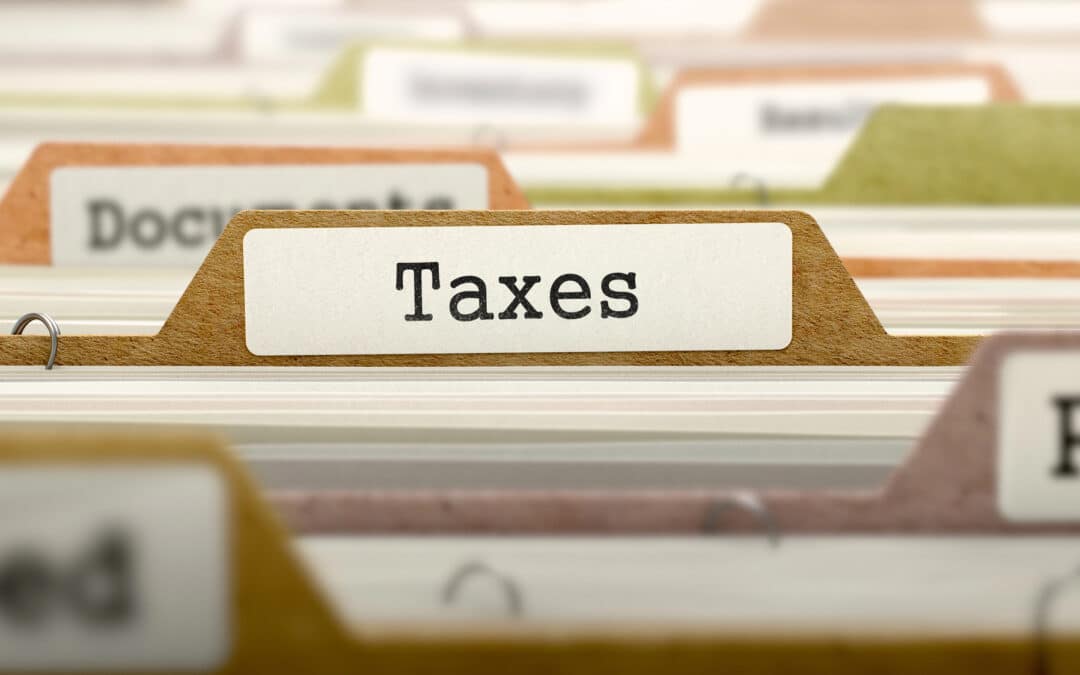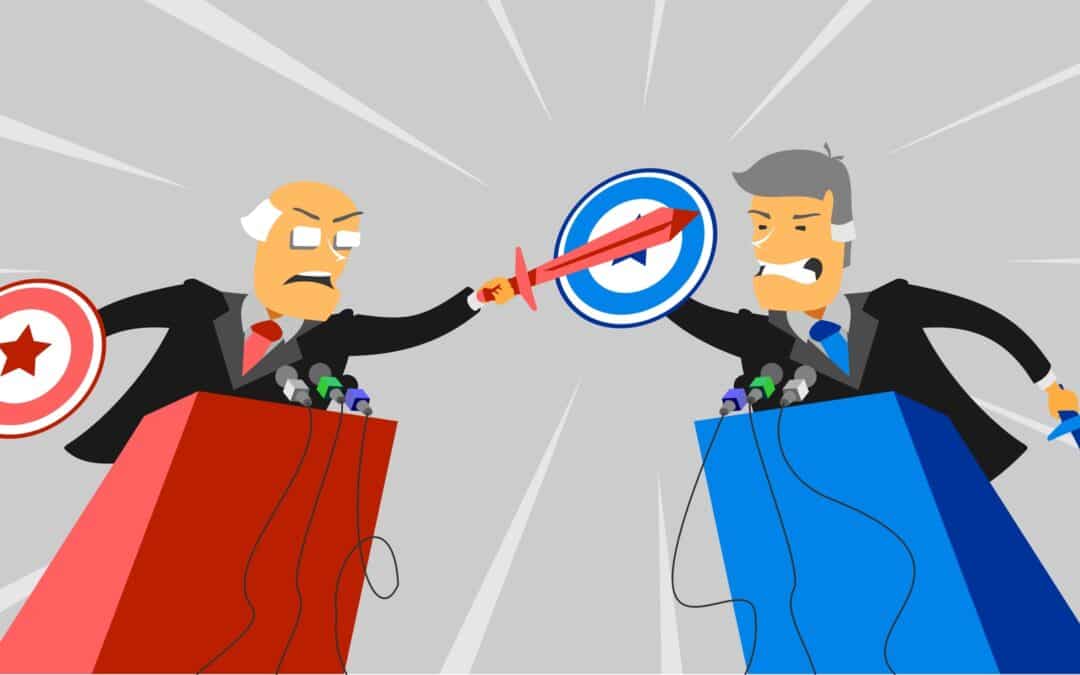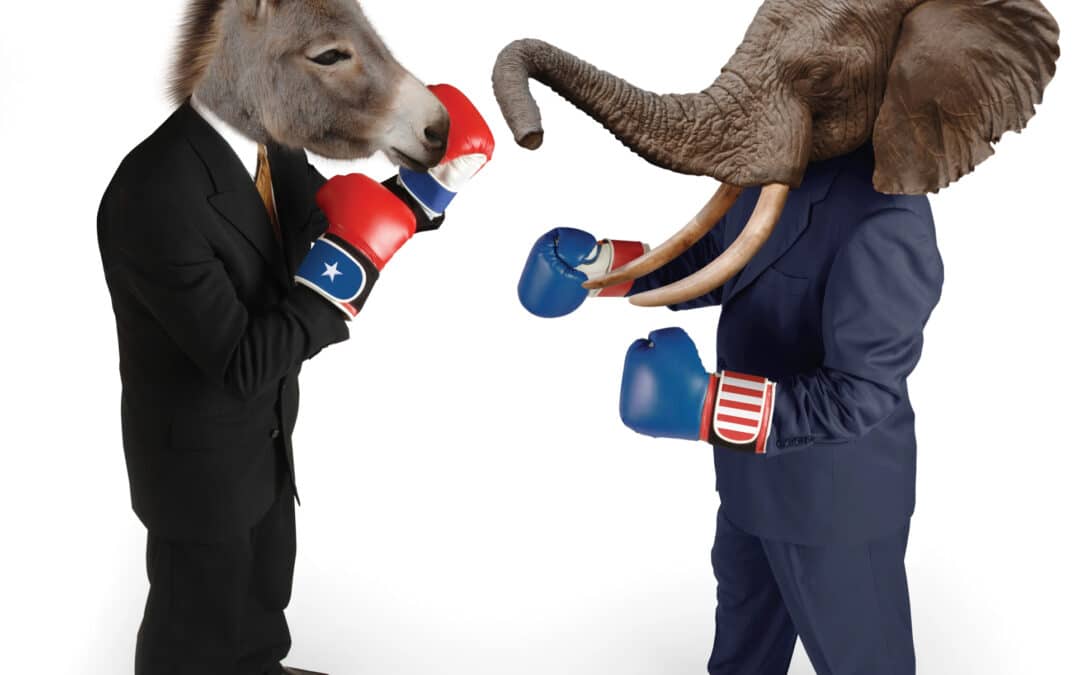Most Americans are unaware that President Abraham Lincoln implemented a much more centralized and authoritarian government than the one he inherited. He overthrew the original union, which was very libertarian in policy, eradicating a union of consent and replacing it with a centralized state—a dictatorship set above the people. The government would no longer serve us, but we were to serve it. Not just the federal government, but the states as well, became vastly more authoritarian because of Lincoln. Few of our modern governmental abuses occurred before Lincoln—he originated big government,...

















